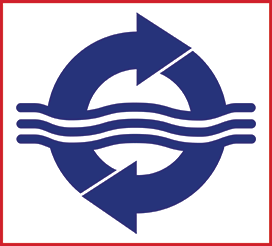OVERVIEW -- Global supply chains are increasingly complex, multinational networks involving the movement of cargo by sea, freight, and air. This complexity is a consequence of the highly integrated global economy upon which our common prosperity depends. Yet such features also present opportunities for nefarious actors to evade U.S. sanctions and export control laws, including by disguising the true origin, destination, or nature of their cargo. To avoid potentially illicit conduct, individuals and entities directly participating in and enabling the global transport of goods— entities like vessel owners, charterers, exporters, managers, brokers, shipping companies, freight forwarders, commodities traders, and financial institutions—must be responsible for assessing their risk profile and implementing rigorous, risk-based internal compliance programs.
For entities involved in the maritime and other transportation industries, adherence to appropriate compliance policies and procedures will reduce the risk of sanctions and export controls violations and evasion and will help ensure secure and transparent shipping practices. This Note highlights certain tactics commonly deployed by malign actors and steps that the maritime and other transportation industries can take to ensure compliance with U.S. law.
